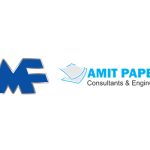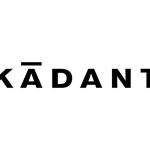SIG entered a strategic partnership with PulPac, a global leader in Dry Molded Fiber technology, to establish an exclusive development program for the creation and large-scale production of the next generation of paper-based closures for SIG’s aseptic cartons.
July 22, 2025

SIG entered a strategic partnership with PulPac, a global leader in Dry Molded Fiber technology. Together, the two companies will establish an exclusive development program for the creation and large-scale production of the next generation of paper-based closures for SIG’s aseptic cartons, moving one step closer to SIG’s target to raise the paper content in its aseptic cartons to 90% including closure by 2030.
Watch: In Pursuit of Lesser Water Footprint
In its mission to create a fully regenerative food packaging system, SIG is steadily increasing the paper content of its aseptic cartons, to enhance renewability, and further reduce carbon footprints and the use of fossil-based materials. This year, SIG aims to reach an interim target of 85% paper content (excluding closures) and, by 2030, to incorporate paper-based closures to move beyond 90% paper content overall.
Gavin Steiner, Chief Technology Officer at SIG said, “We believe in Dry Molded Fiber technology, paving the way for innovative and responsible alternatives to plastic closures. It is one of the most scalable fiber-based solutions on the market with great potential to boost progress in the transition from plastic to paper-based closures. In our paper-based closure, both the base and the cap will be paper-based – significantly increasing the already very high proportion of paper in our aseptic cartons. At the same time, we aim to offer consumers the same convenience and first-class opening performance they associate with our existing closure solutions.”
PulPac’s Dry Molded Fiber technology is based on forming a dry web of fibers to build cutting-edge responsible solutions instead of creating materials from a fiber slurry.



